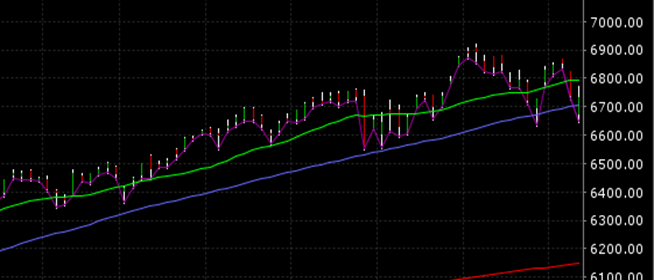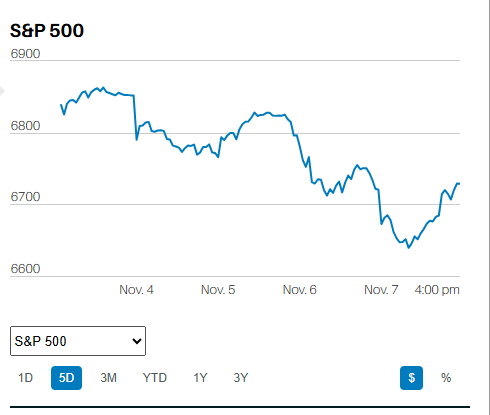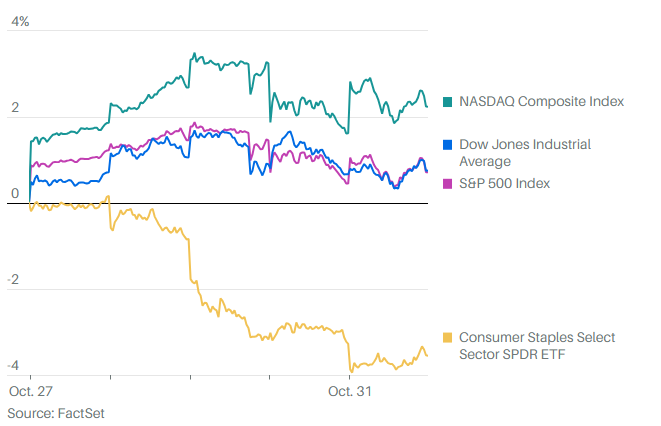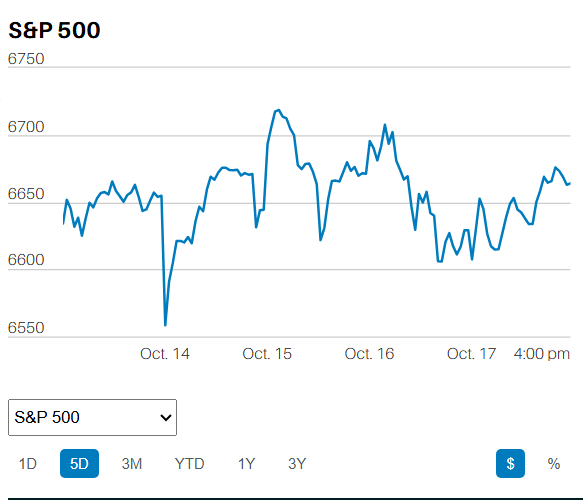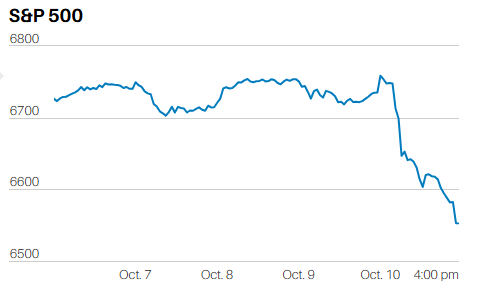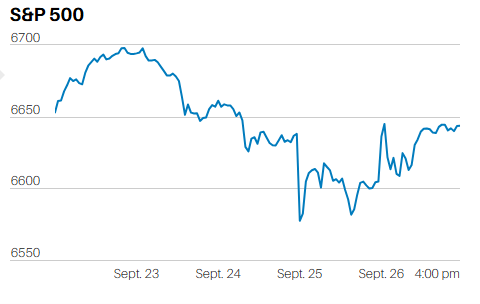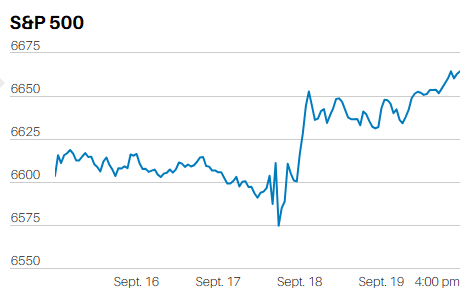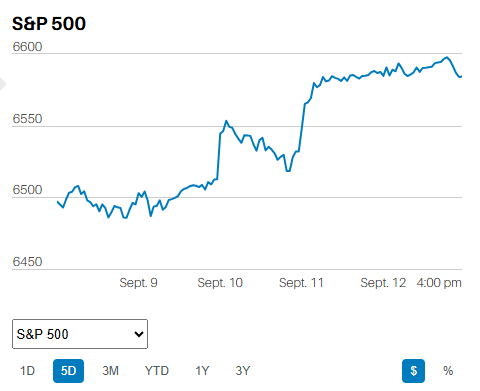Roth conversions require paying taxes
lots of taxes

Roth conversions require paying taxes
Lots of taxes. Let's assume you have $100,000 in a traditional IRA and convert that amount to a Roth IRA - that means you would owe $24,000 in taxes (assuming you’re in the 24% tax bracket). Convert even more and it could even push you into an even higher tax bracket. You risk paying a big tax bill now when you might be in a lower tax bracket later. There is no way to know for sure what your tax rates (and your income) will be in the future.
Another drawback: If you’re younger, you have to keep the funds in your new Roth for five years and make sure you’ve reached age 59½ before taking out any money. Otherwise, you’ll be charged not only taxes on any earnings, but also a 10% early withdrawal penalty—unless you qualify for a few exceptions.
Your tax bill is due immediately
Many people don’t realize they can’t wait until they file their taxes to pay the tax bill on the conversion. You must pay immediately as part of your estimated quarterly taxes. And you don't want to rely on dipping into other requirement accounts to satisfy this burden. If you do that you'll risk losing earnings that would accrue over decades. Your taxes should be paid with savings instead.
There are several drawbacks to a conversion that should be taken into consideration. A big tax bill that can be tricky to calculate, especially if you have other IRAs funded with pre-tax dollars. It’s important to think carefully about whether or not it makes sense to do a conversion and consult with your accountant and financial advisor about your specific situation.
